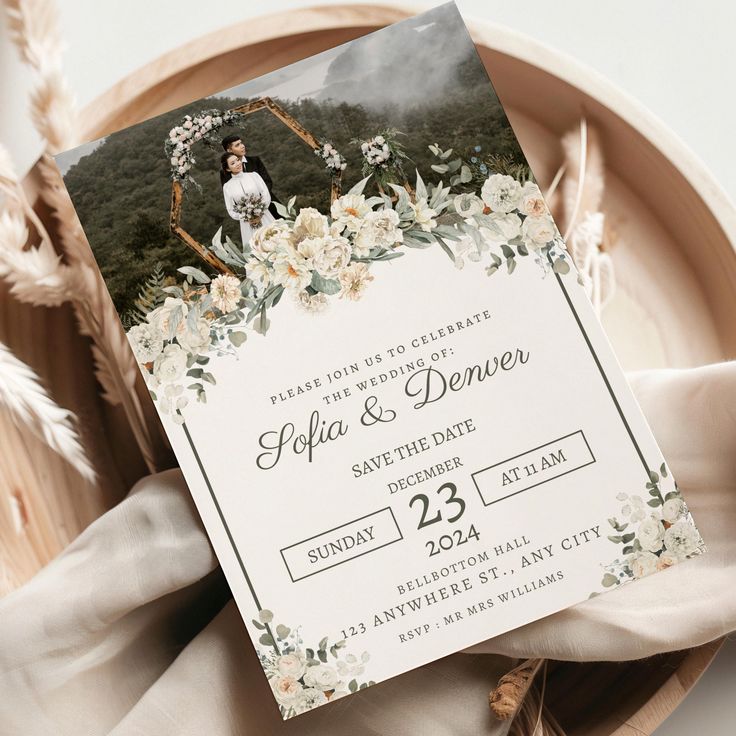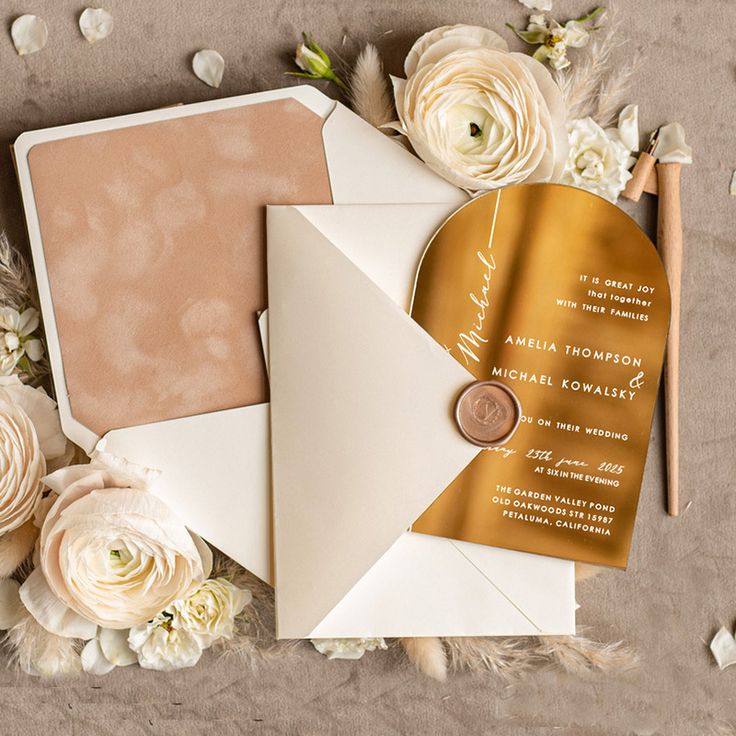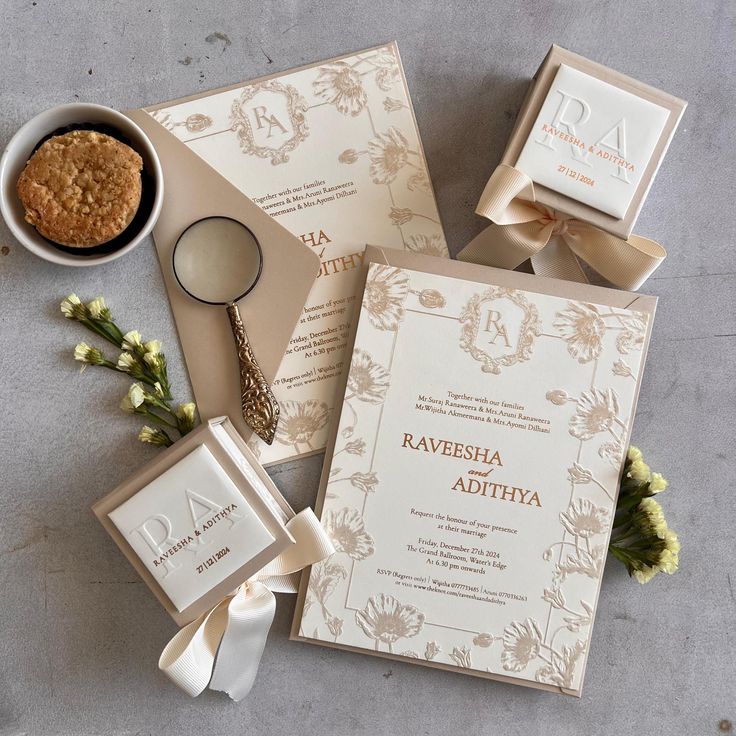Importance of Timing in Wedding Invitations
Understanding how early should you send out wedding invitations is crucial for several reasons. It ensures guests can attend your special day. It helps with your planning and smooth execution of the event. Proper timing avoids last-minute hassles and confusions. It’s about respect for your guests’ time and schedules. Let’s delve into the importance of timing for both local and international guests.
Relevance for Local and International Guests
For local guests, sending invitations 3 to 4 months before the wedding is ideal. It allows them ample time to prepare. For international guests, earlier is better. Aim for 5 to 6 months ahead. This gives them enough time to book travel and accommodation. Remember, guests may need to apply for leave from work or find childcare. Different countries may have visa requirements. Providing sufficient lead time is thoughtful and appreciated. Always consider the specific needs of your guests when sending out invitations.

Save-the-Dates: Your First Step
Sending save-the-dates is essential to prepare your guests for the wedding day. For a successful celebration, mark this as your first step in the invitation process. It helps everyone save the date on their calendars well in advance, ensuring they don’t miss your special day due to prior commitments.
When to Send Save-the-Dates to Local Guests
For guests residing in Singapore, send save-the-dates 6 to 8 months before the wedding. This timeframe suits local guests as it offers ample time to plan without overwhelming them too early. Also, consider local festivities or public holidays to avoid clashes.
When to Send Save-the-Dates to International Guests
For international guests, send these notices even earlier, about 8 to 12 months prior. Longer notice helps those overseas arrange travel and accommodations smoothly. It is particularly considerate given the complex logistics they must handle, like booking flights and applying for time off.
Wedding Invitations: Conveying the Details
Wedding invitations are crucial for sharing your wedding specifics like the date, venue, attire, and other details. These invitations set the formal tone for your event and inform guests about the specifics. Proper timing in sending these invitations ensures maximum attendance and smooth planning.
Optimal Timing for Sending Wedding Invitations
It is advisable to send wedding invitations three to four months before the wedding date. This timeline is ideal as it allows guests to prepare adequately, make travel arrangements if necessary, and respond with their attendance confirmation. Each invitation should include all the necessary details such as the venue, date, time, and expected attire, to avoid any confusion.
Early Invitations for Weddings with Complex Logistics
For weddings that involve complex logistics like multiple events or those occurring in remote locations, consider sending invitations up to five months in advance. This advance notice helps guests manage their schedules, book accommodations, and arrange for transportation without haste. For such events, clarity in the invitation regarding the sequence and nature of each event can help guests prepare better. Employing ‘Save-the-date’ cards or digital reminders can also be an effective strategy to ensure guest preparedness and turn-out.

RSVPs: Finalizing Your Guest List
Finalizing your guest list with RSVPs is a critical step in wedding planning. It allows an accurate count for catering and seating. Here’s how to handle your RSVPs for a smooth and well-organized event.
Setting an RSVP Deadline
Set your RSVP deadline around 4 to 6 weeks before your wedding date. This gives you time to confirm guests and make final arrangements. Setting a clear deadline helps guests prioritize your event. Make sure to communicate this deadline clearly in your invitations.
The Process of Following Up
After your RSVP deadline, immediately follow up with guests who haven’t responded. This ensures you get a final headcount promptly. Use email or phone calls for quick communication. Following up may feel daunting, but it’s essential for definitive numbers. Also, consider setting earlier reminders for guests as the deadline approaches.
Tips for Modern Wedding Invitations
In this digital age, wedding invitations have transformed. They have become more efficient, and easier to manage. Here are tips on leveraging technology for your wedding invitations.
The Convenience of Digital Invitations
Digital invitations are a modern twist to traditional invites. They offer various benefits:
- Speed: Send and receive invites instantly.
- Cost-Effective: Save money on printing and postage.
- Eco-Friendly: Reduce paper waste.
For a Singapore wedding, digital invites can reflect local culture with digital designs. Consider using iconic Singaporean elements for a personal touch.
Managing Responses and Updates Efficiently
Efficient management of RSVPs and updates is key. Here’s how you can do it:
- Track RSVPs Online: Use wedding websites or apps to monitor guest responses.
- Send Reminders: Automate reminders to guests who haven’t responded.
- Update Guests Quickly: Notify guests of any changes in plans swiftly.
Employing these digital strategies for your wedding invitations can streamline the process. It ensures your guests are well-informed and can make it to your big day without hassle.

Examining the Wedding Invitation Checklist for Singapore
Navigating through the wedding invitation process in Singapore calls for attention to detail. Crafting an effective invitation entails more than just providing the basics. A well-rounded checklist can guide you through the essentials and additional items for a seamless guest experience. Here’s what to include for a well-planned invitation suite.
Essential Elements of a Wedding Invitation
Every wedding invitation must convey key details clearly to ensure guests have all the information they need. Your checklist should include:
- Date and Time: Mention the exact date and time of the wedding ceremony and reception.
- Venue Details: Include clear addresses for each event location, adding directions if needed.
- Dress Code: Inform guests of the expected attire, which helps them prepare in advance.
- RSVP Information: Provide a clear RSVP deadline and contact details for responses.
The goal is to make the invitation comprehensive yet straightforward. This helps guests feel informed and comfortable with their preparations.
Additional Items to Include for Guests’ Convenience
To further aid your guests, especially ones traveling from afar, consider adding these to your invitation:
- Accommodation Suggestions: Offer a list of nearby hotels or lodging options.
- Transport Options: Highlight available transport, including public transit details and parking information.
- Local Attractions: Include a brief guide to local attractions for out-of-town guests.
- Itinerary for Multiple Events: If celebrating over several days, provide a detailed schedule.
Include maps or links to digital resources only when necessary. Ensure that these additional items complement the main details without cluttering the invitation. Prioritize the convenience of your guests to enhance their experience and anticipation for your special day. Remember, how early you send out wedding invitations can set the tone for a well-attended and memorable Singapore wedding celebration.
Balancing Tradition and Practicality in Wedding Planning
In planning a wedding in Singapore, we must balance tradition with practicality. Couples often cherish traditional customs, yet desire efficient and modern arrangements. This balance ensures a memorable and smooth wedding experience for all.
Considering Public Holidays and Special Events
When planning your wedding, keep in mind Singapore’s public holidays and special events. During such times, venues may be booked or guests unavailable. Planning around these dates is practical and considerate. It avoids scheduling conflicts and helps ensure that your special day is well-attended.
Review the Singapore holiday calendar early. Aim to send your save-the-dates just before or right after significant public occasions. This approach makes it easy for guests to remember and plan for your event. Always give local and international guests extra notice during festive seasons.
Integrating Traditional Ceremonies with Modern Practices
Many Singaporean weddings include traditional ceremonies that are culturally significant. It is important to honor these traditions while still embracing modern practices.
For instance, you can send digital invitations for casual pre-wedding events yet stick to formal invites for the main ceremony. Use online tools to track RSVPs for convenient follow-ups. At the same time, you can plan traditional function dates well in advance. This allows guests to arrange their participation without rushing.
Traditions enrich the wedding, but modern approaches ease planning and communication. Finding the right mix can result in a wedding that respects customs and promises joyous celebrations for everyone involved.